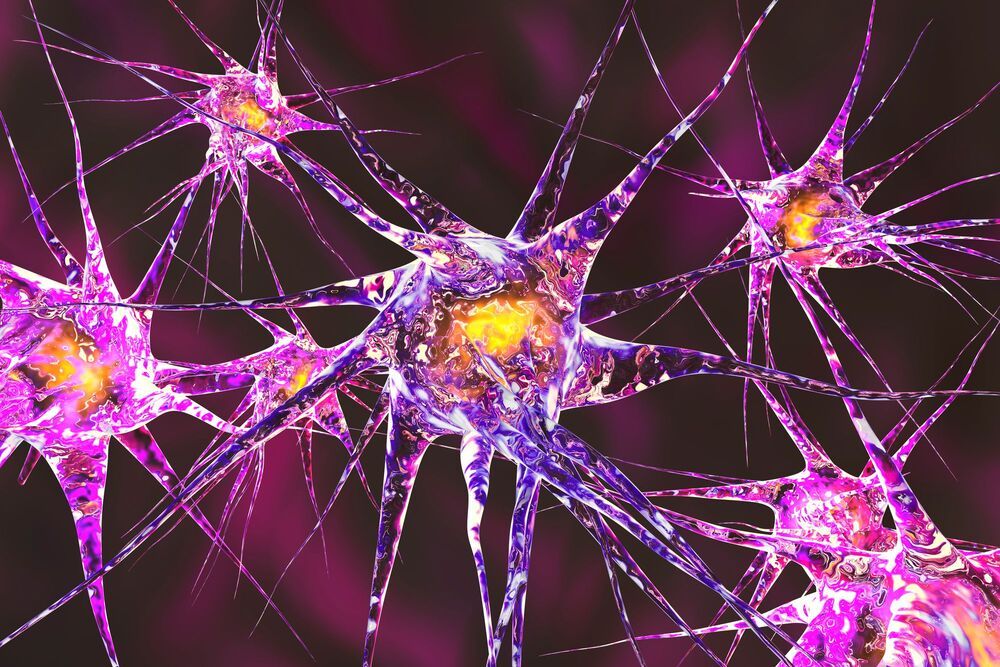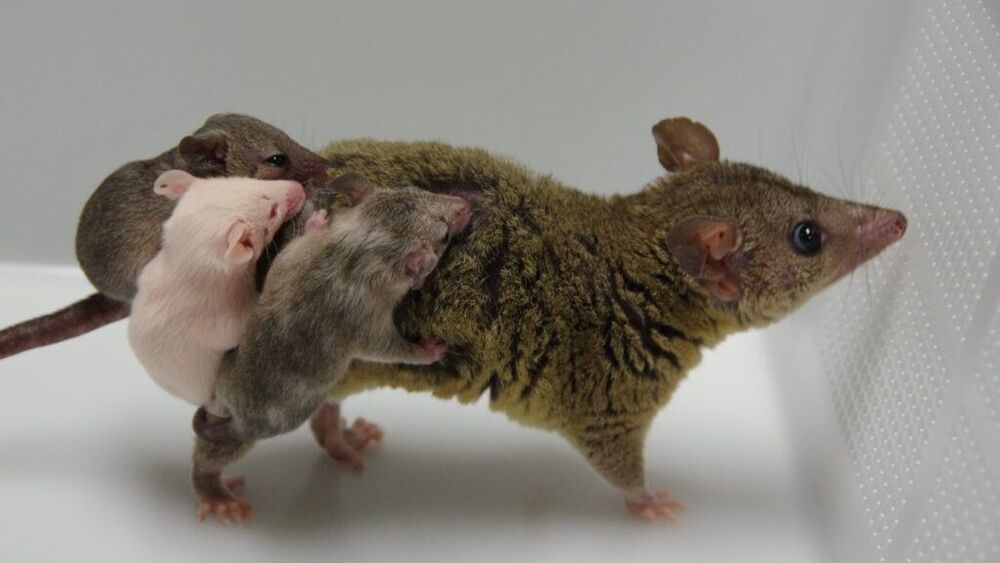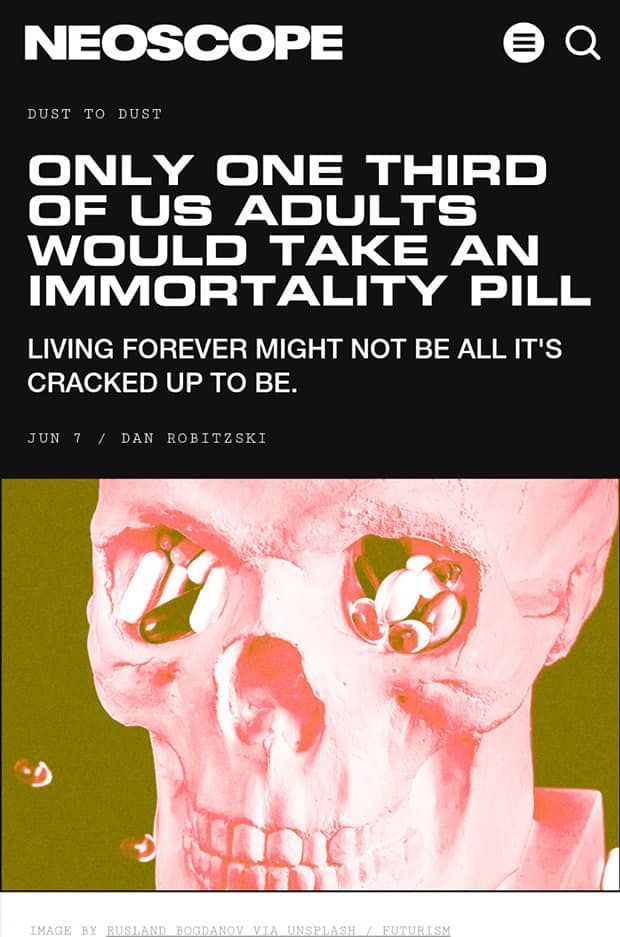Scientists at Cambridge and Leeds have successfully reversed age-related memory loss in mice and say their discovery could lead to the development of treatments to prevent memory loss in people as they age.
In a study published today in Molecular Psychiatry, the team show that changes in the extracellular matrix of the brain — ‘scaffolding’ around nerve cells—lead to loss of memory with aging, but that it is possible to reverse these using genetic treatments.
Recent evidence has emerged of the role of perineuronal nets (PNNs) in neuroplasticity—the ability of the brain to learn and adapt—and to make memories. PNNs are cartilage-like structures that mostly surround inhibitory neurons in the brain. Their main function is to control the level of plasticity in the brain. They appear at around five years old in humans, and turn off the period of enhanced plasticity during which the connections in the brain are optimized. Then, plasticity is partially turned off, making the brain more efficient but less plastic.






